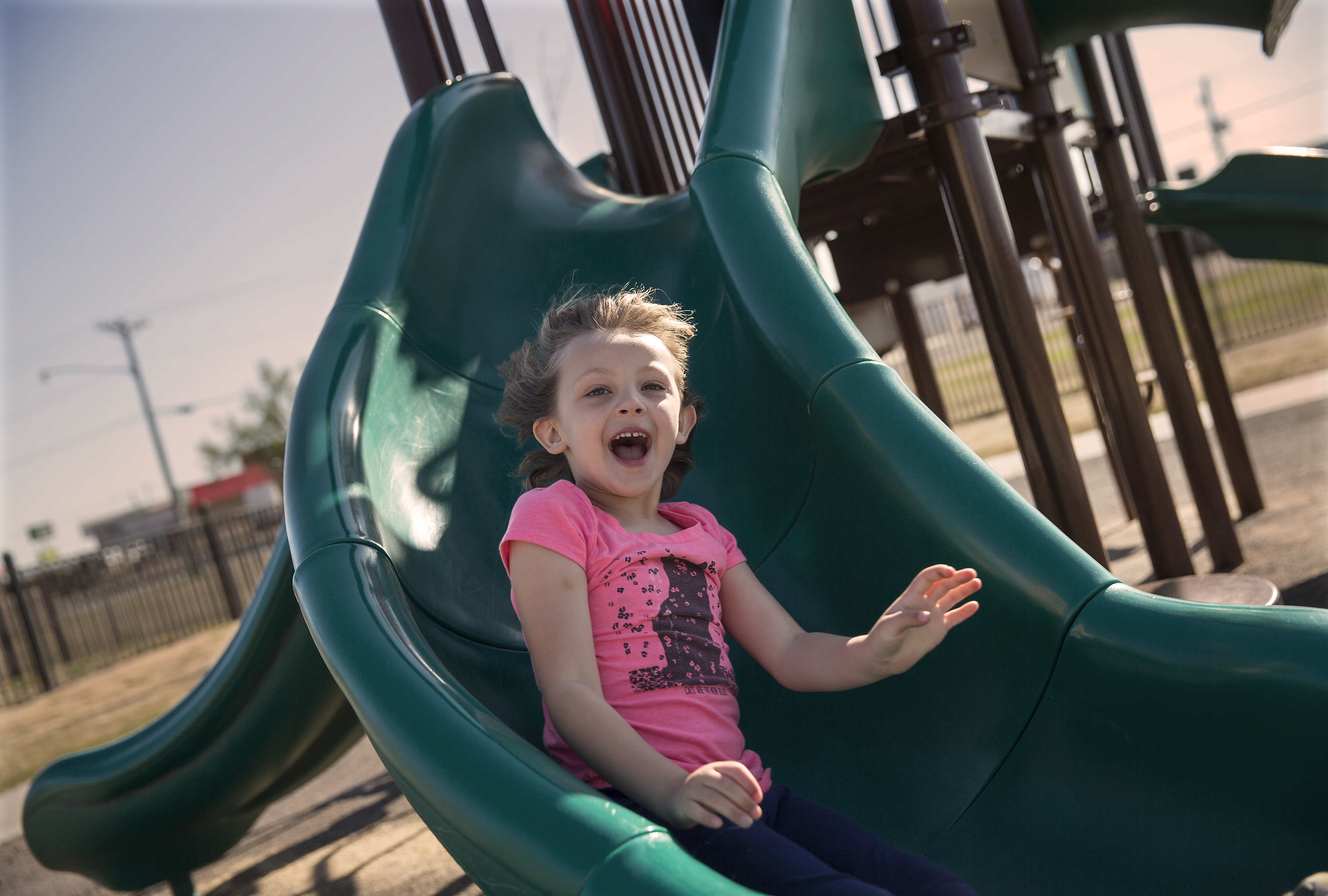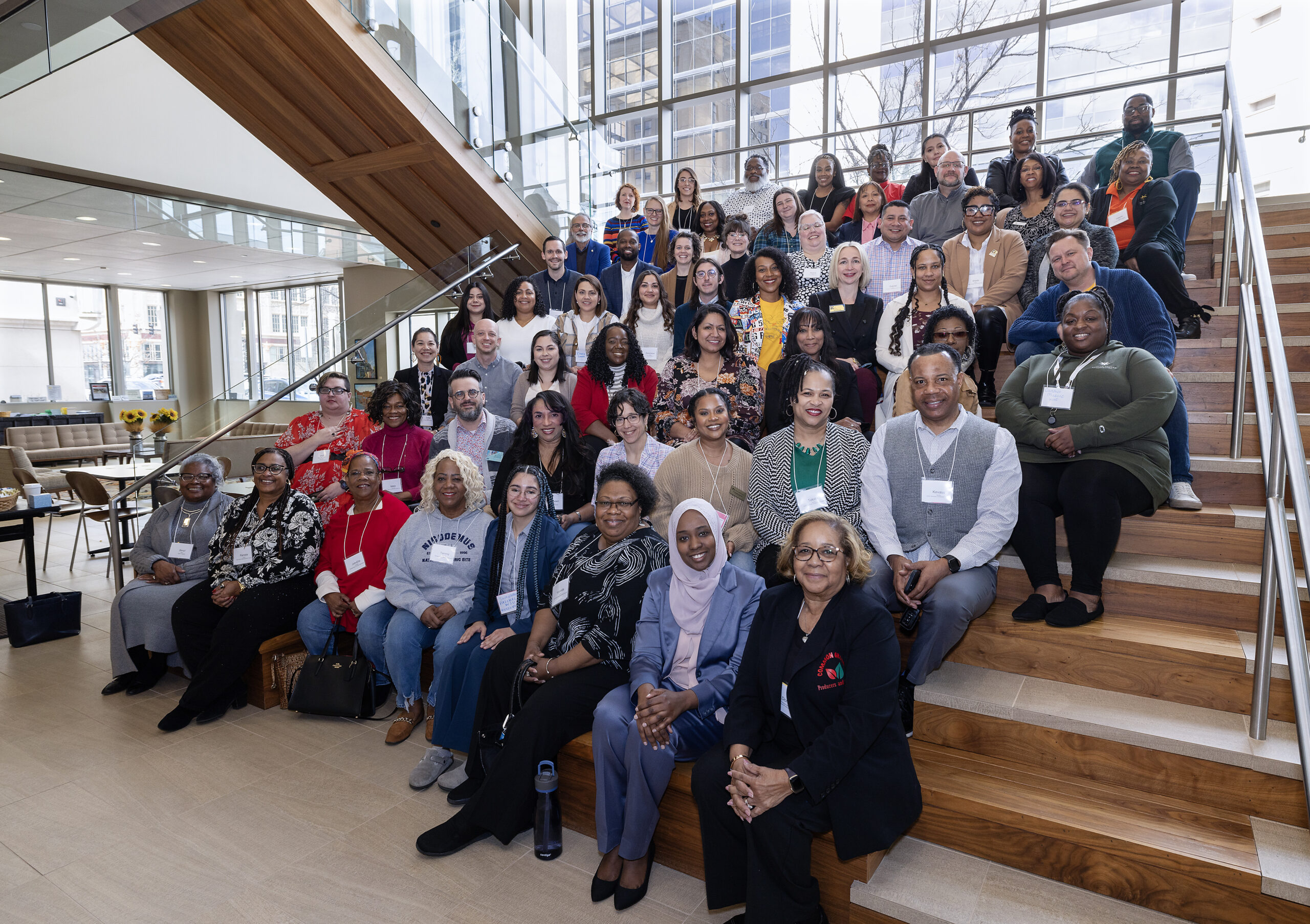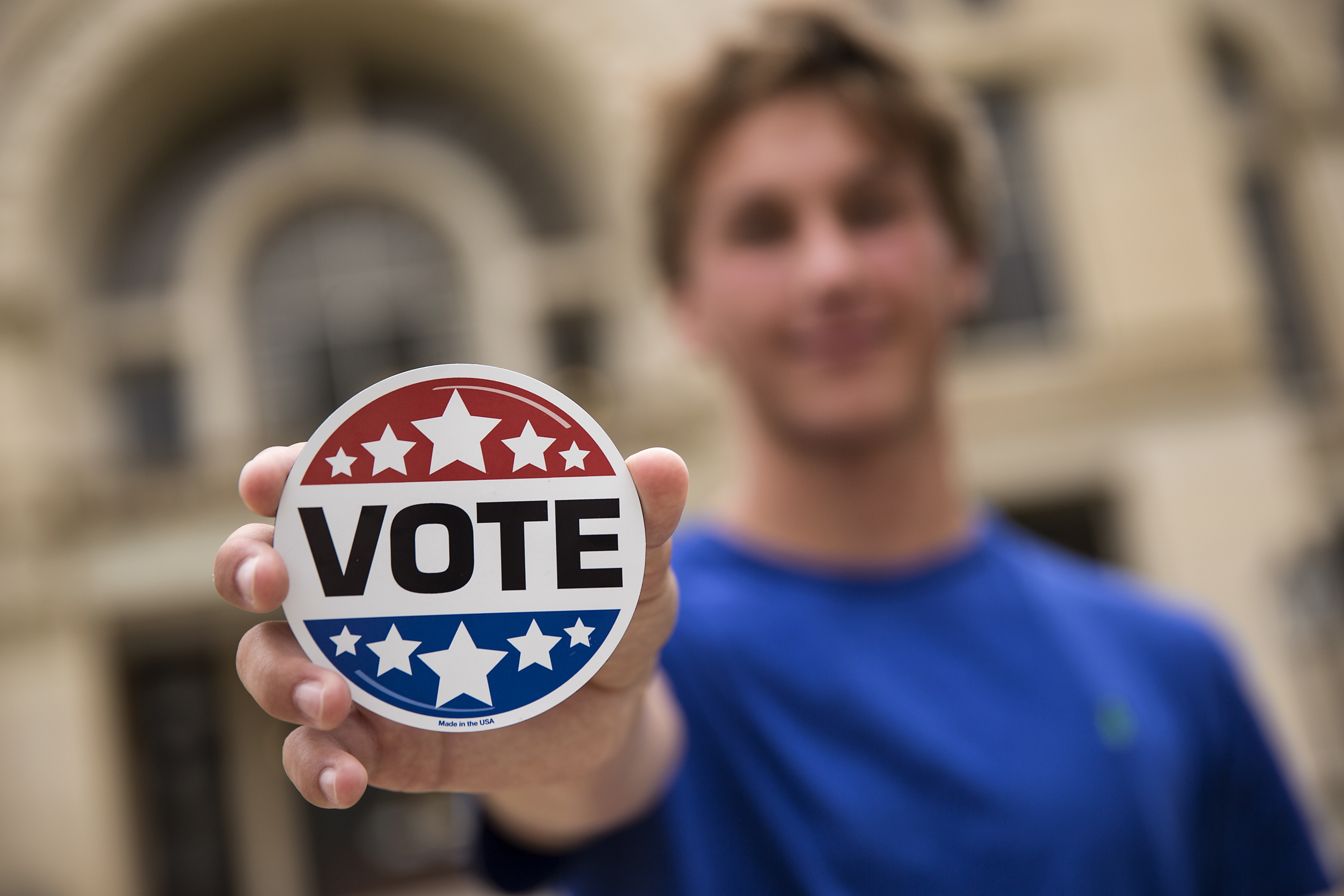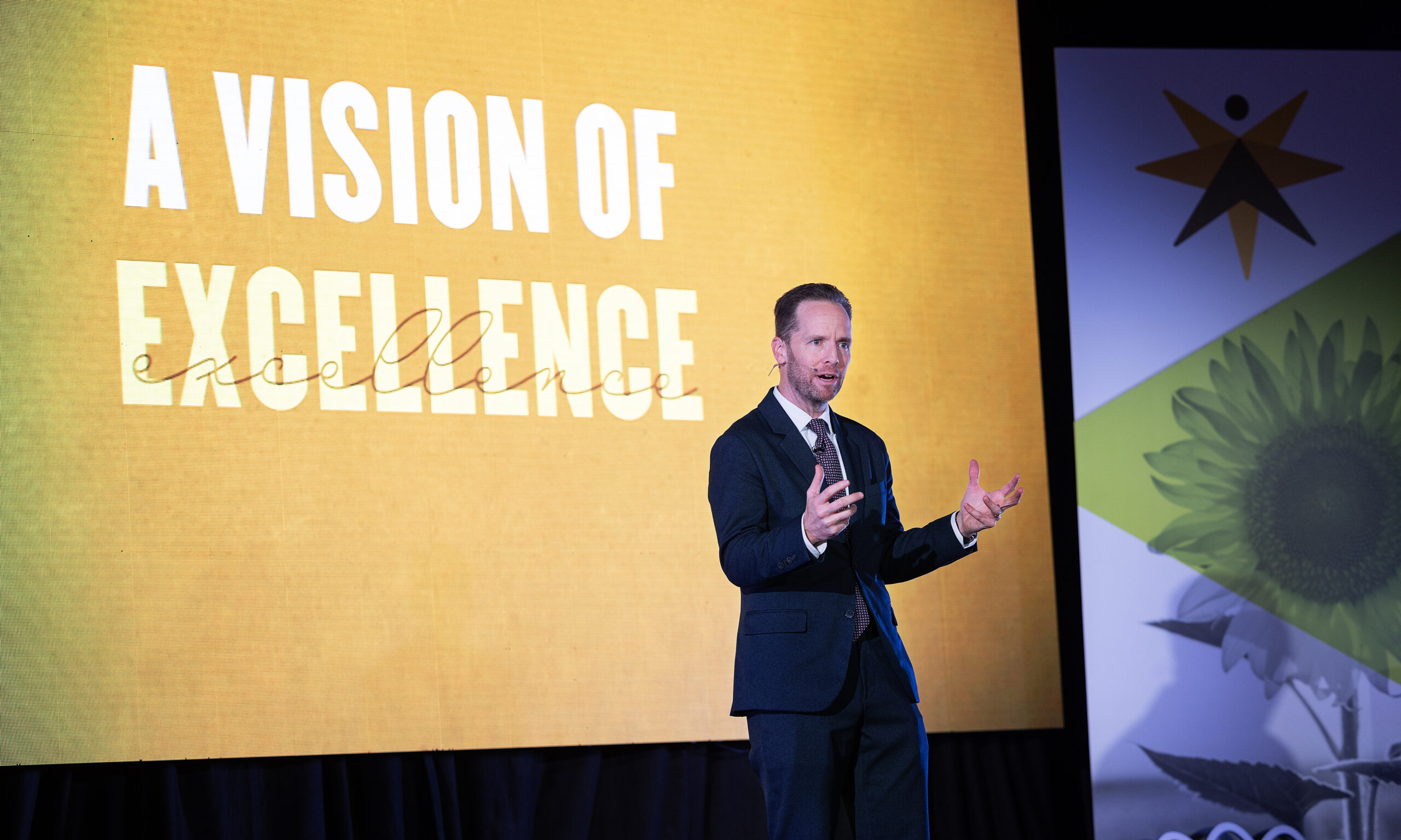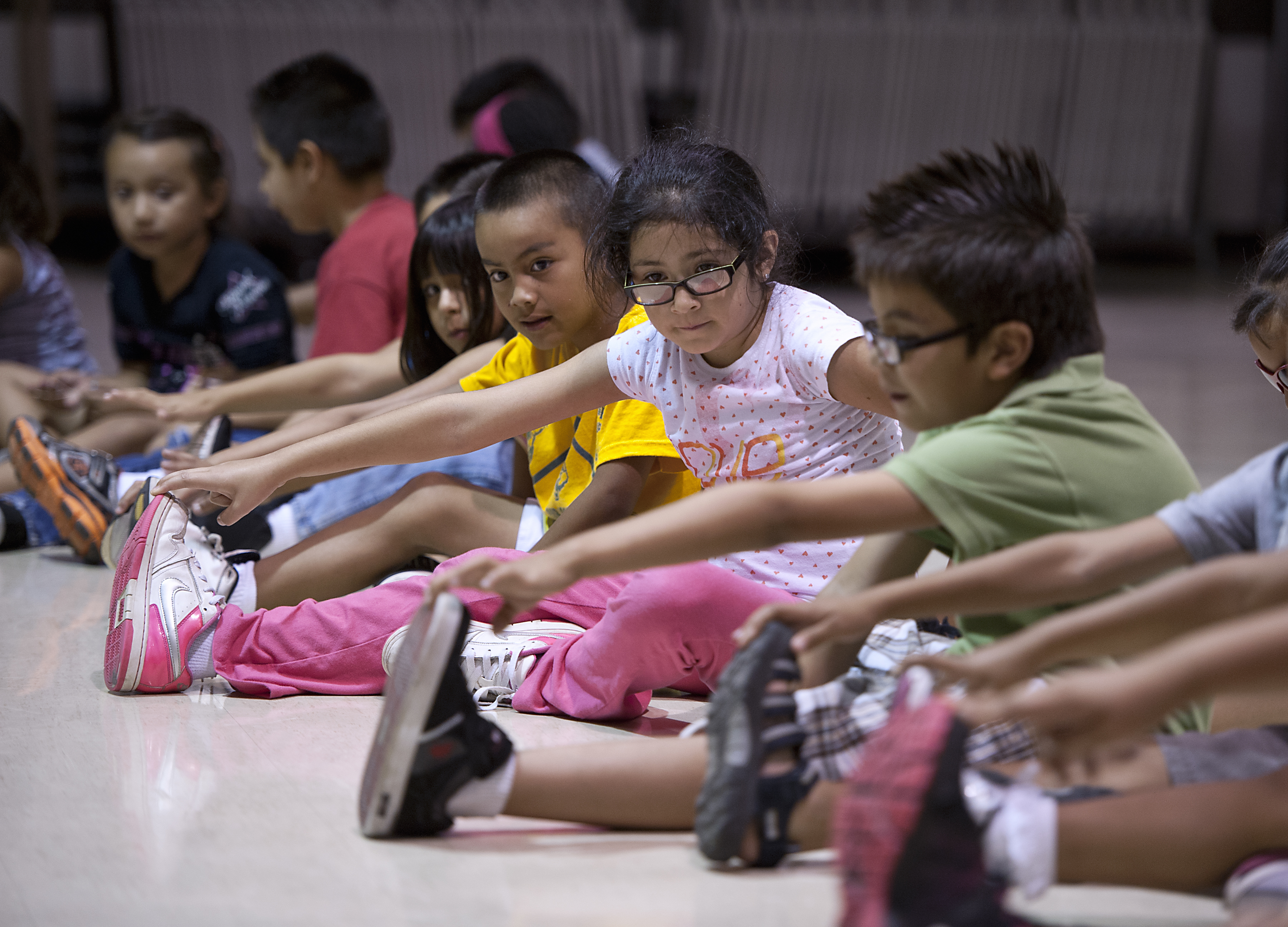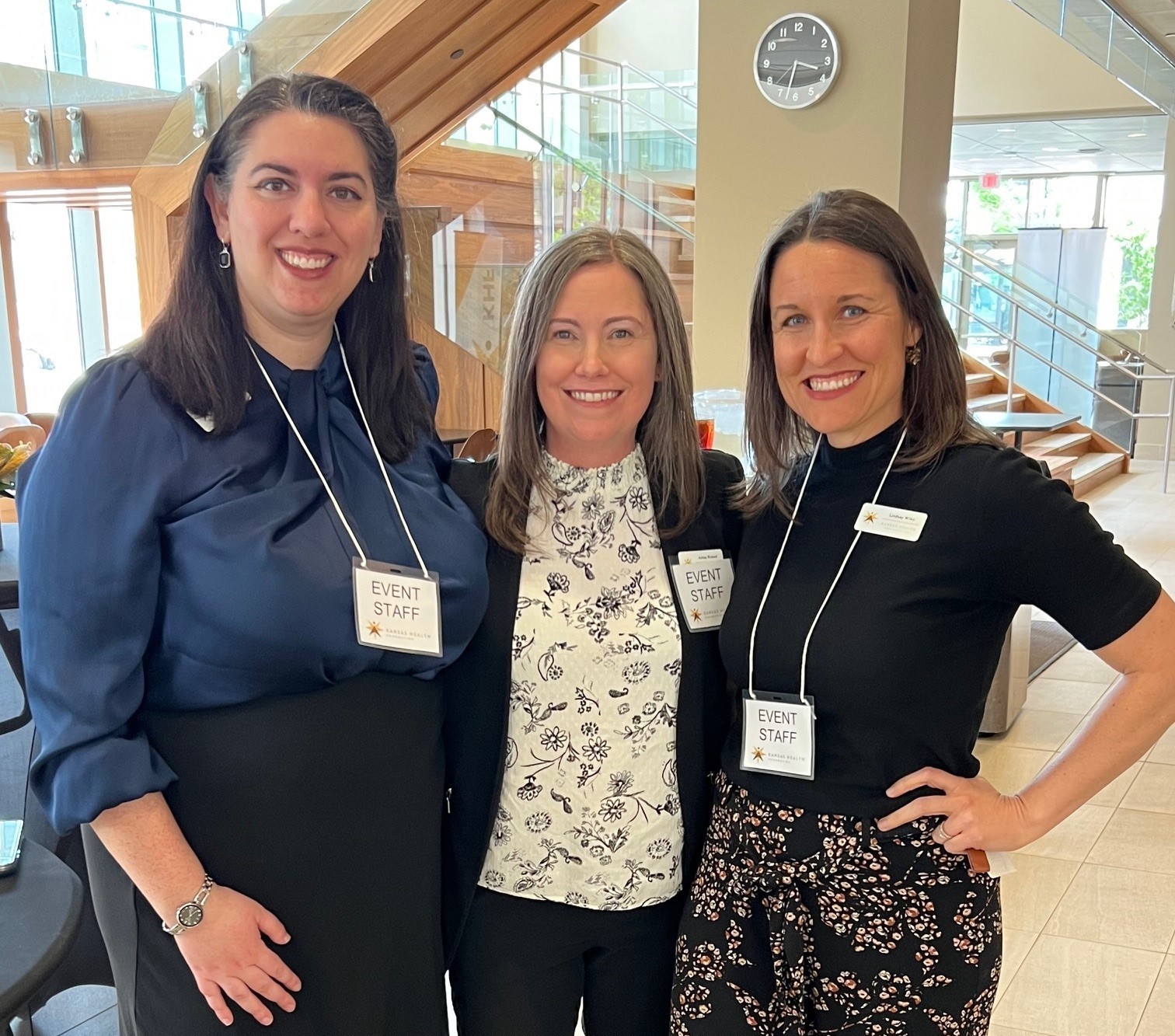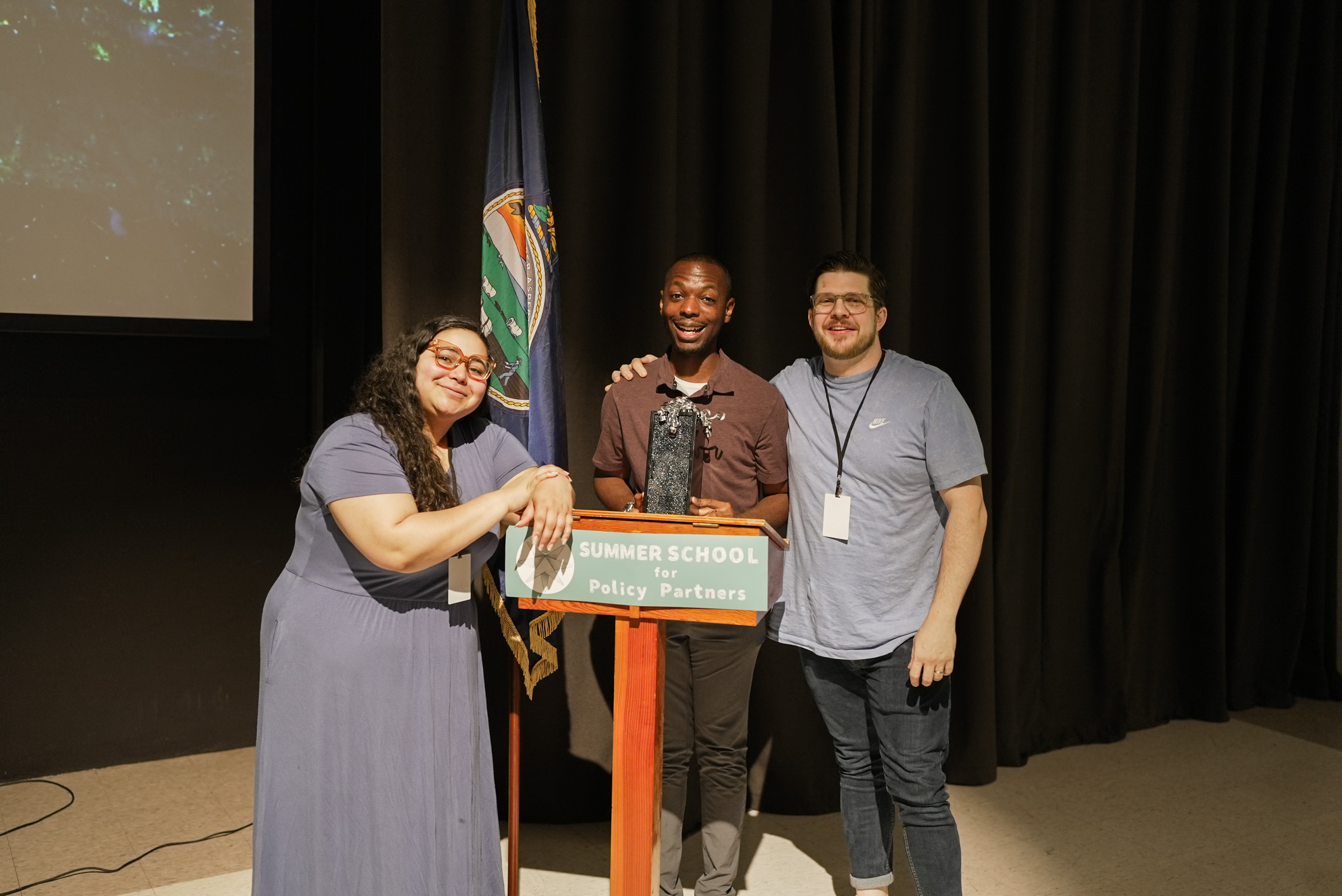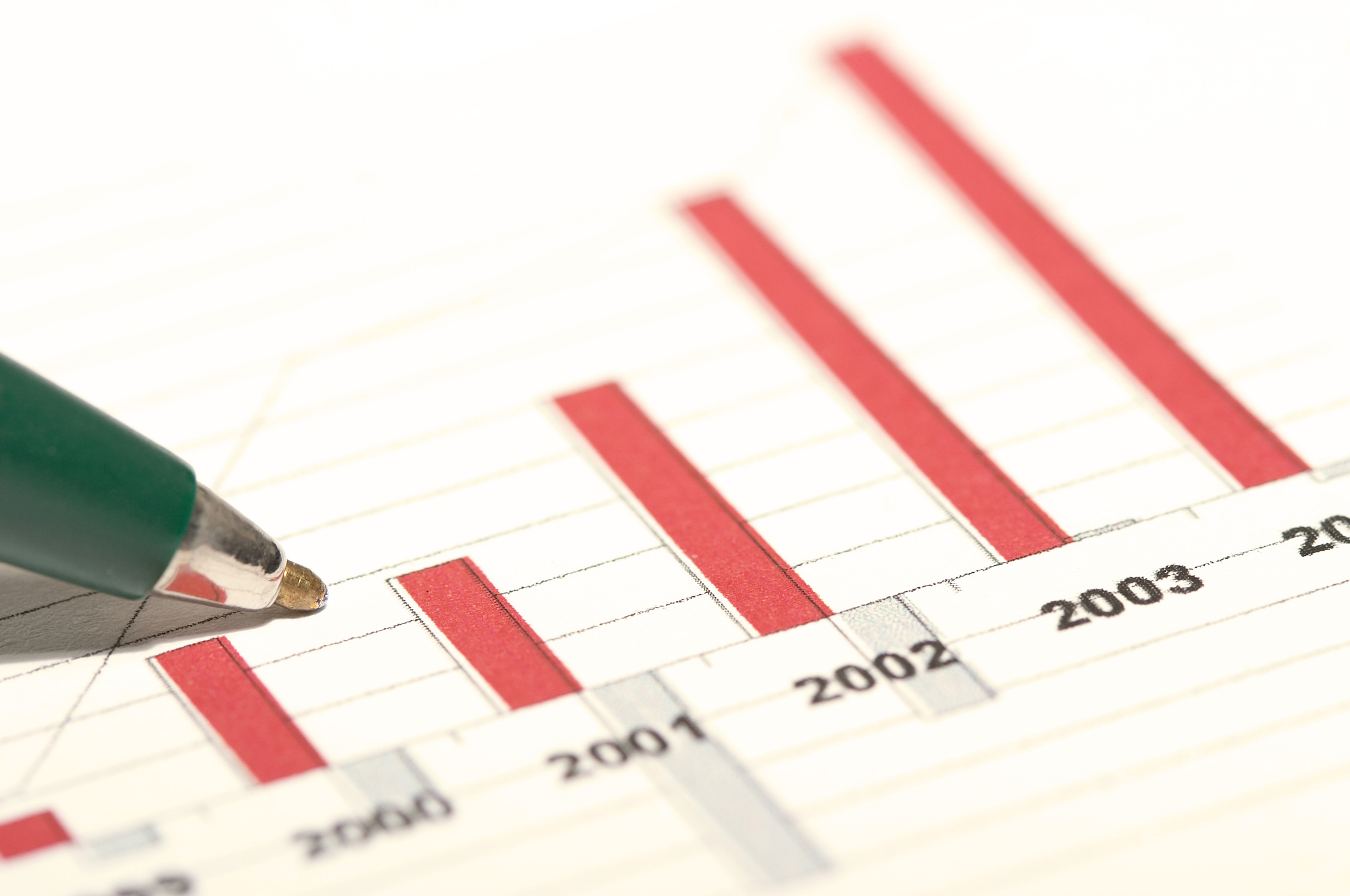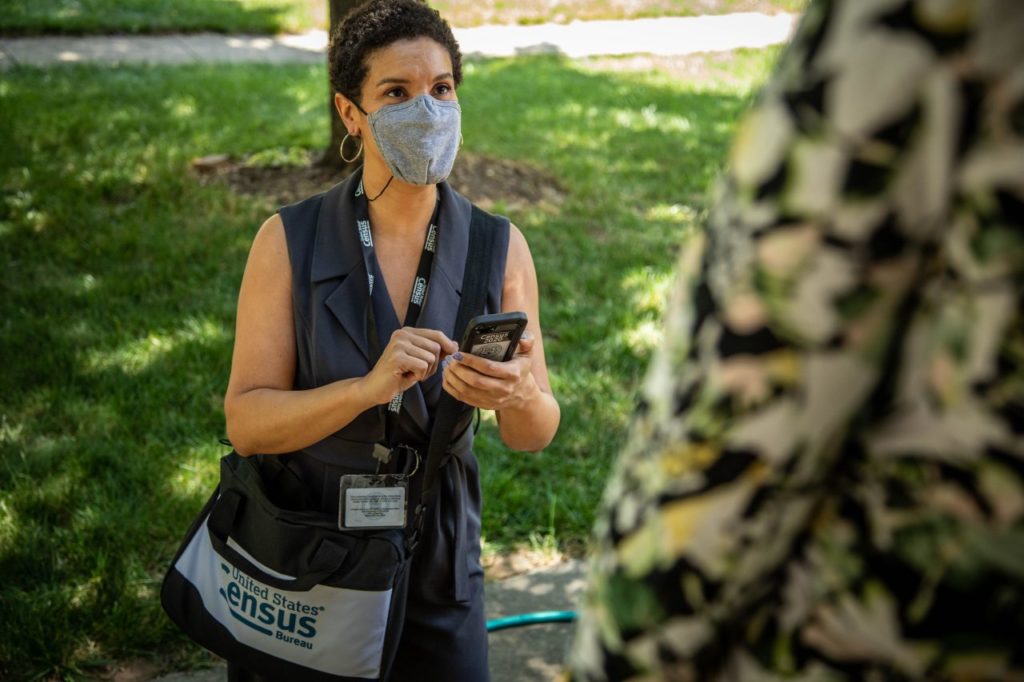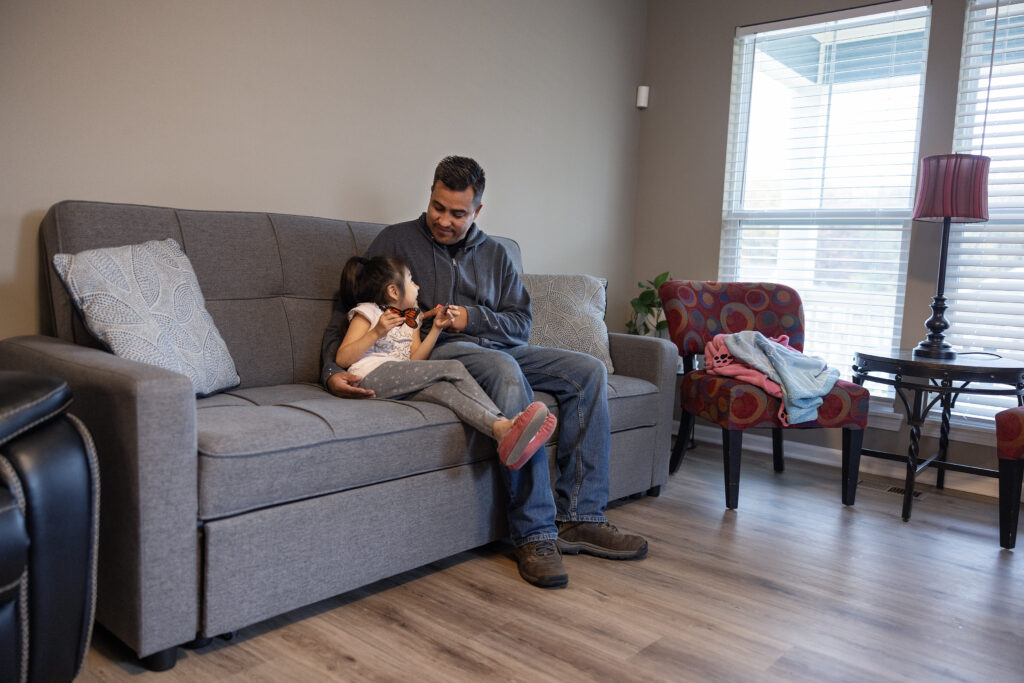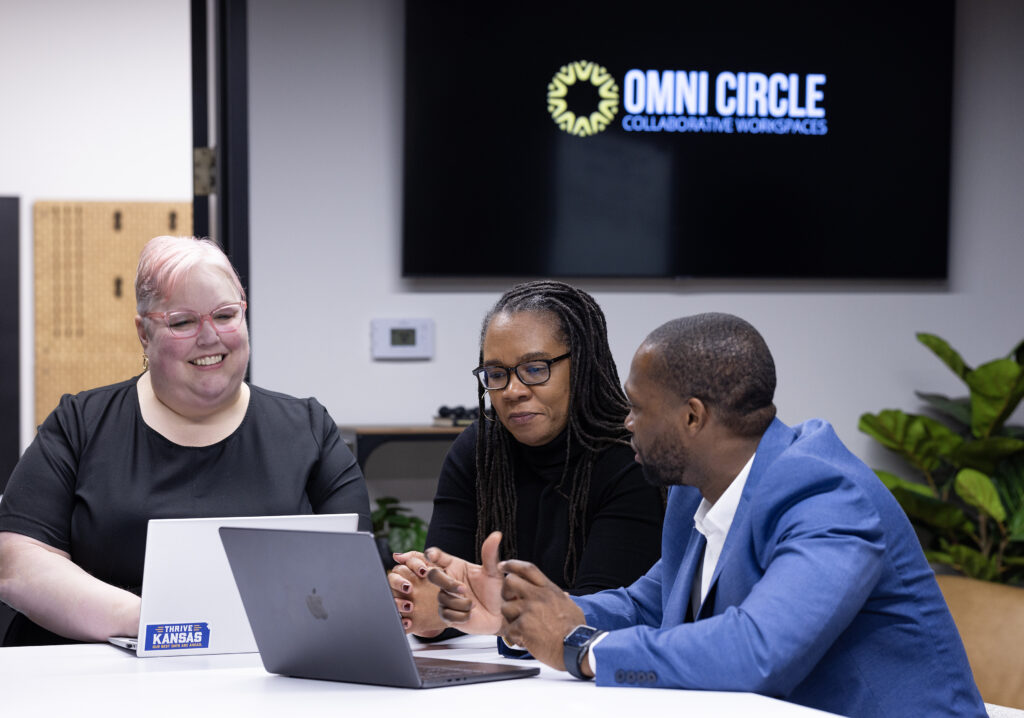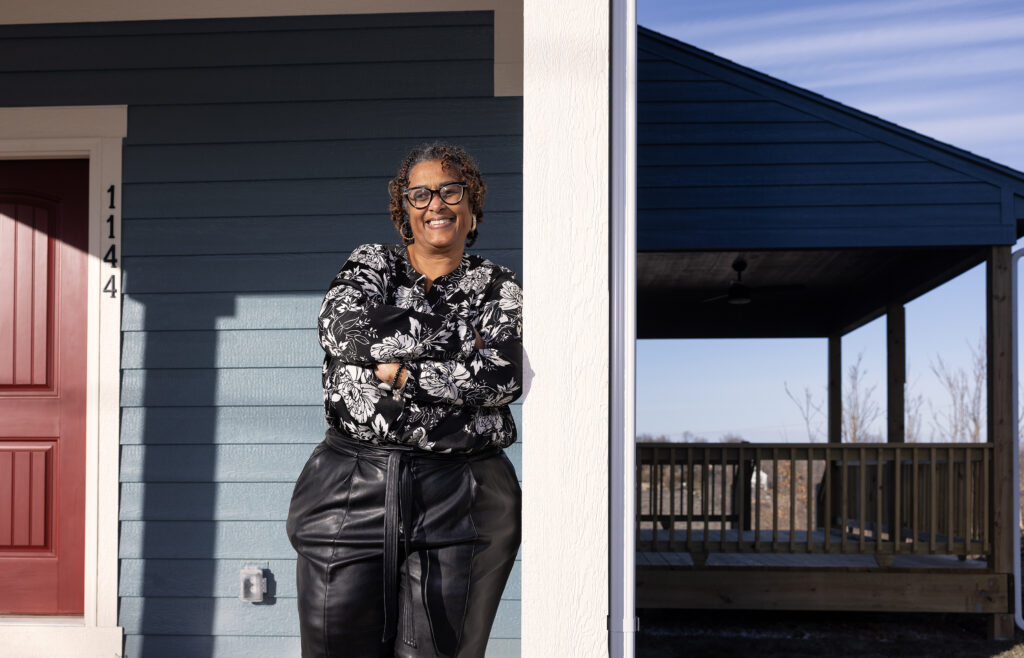The census historically happens every ten years, with guidelines and timelines to assure all people in the country are counted. However, the COVID-19 pandemic not only pushed the deadline to this fall, but it is more important than ever that everyone is counted.
KHF recognizes the importance of an accurate census count to help Kansas have access to federal funding for critical community and health programs. An accurate census count is a large part of building strong, healthy Kansas communities. For these reasons, KHF has provided more than $500,000 to the League of Kansas Municipalities and state government to support programs aimed at creating awareness and reaching all communities.
“Often people don’t understand that every day their lives are touched by entities, supplies, or programs that are available due to the census data from 2010,” said Joyce Warshaw, co-chair of the Kansas Complete Count Committee. “We want to ensure that Kansas receives their fair share of this federal money so that their quality of life is not jeopardized, but instead enhanced by a complete count in 2020.”
Critical data from the census is used to support Kansans with billions of dollars in federal funding to hospitals, schools, fire departments, roads and other impactful services. This data also determines legislative and school boundaries, and how many elected officials Kansas has in the U.S. House of Representatives.
“If 1 percent of the Kansas population is uncounted in the 2020 census, the state of Kansas could miss receiving approximately $603,990,400 in federal funding over a 10-year period,” according to Kansas Counts.
COVID-19 has caused all U.S. Census Bureau operations to be pushed back, including when self-responses are due — as soon as possible, but as late as this fall. For the 2020 census, there has been a greater emphasis on asking residents to respond online or by telephone, which has been particularly helpful during the pandemic shutdown. The 10-question survey is offered in 13 different languages and American Sign Language, and is completely safe and confidential.
To help communities ensure accurate counts, the census Community Partnership and Engagement Program (CPEP) specialists have been training and working with Complete Count Committees (CCCs) at the local and state level.
The pandemic changed everything for the census partnership specialists, who found their work to raise 2020 census awareness was best achieved in person with a handshake, smile and eye contact. Now, due to the pandemic, they are hosting virtual events or in-person census assistance events utilizing strict social distancing measures to protect the public and census staff. Fortunately, this hasn’t changed their commitment to count all Kansans once, only once and in the right place.
“In March, our program moved to virtual outreach only, causing us to completely reinvent how we work with our partners. From virtual CCC meetings and virtual presentations, to virtual Censotería (census bingo) and virtual town hall meetings, our team and our inspired partners made the pivot to engaging Kansans where they are, virtually,” said Emily Kelley, U.S. Census Bureau partnership coordinator serving Kansas. “It’s certainly different, but we’re all learning new tricks these days.”
Census partners have noticed that while people aren’t congregating in person – due to climbing COVID-19 numbers and gathering limits – they are heavily present on social media, which has created an opportunity to reach large numbers of people. These partners are using social media to tailor messages to residents that not only encourage them to fill out their census, but to also motivate others to do the same.
KHF partnered in June with the U.S. Census Bureau, Kansas Appleseed, City of Dodge City, La Mexicana Radio Station, El Centro and the Kansas Hispanic and Latino American Affairs Commission to create and host “Censotería”. This game is a fun twist to the popular Mexican board game “lotería” focused on all things 2020 census. The Censotería games, offered in English and Spanish, were created via Facebook Live to have players be more civically engaged, by understanding the importance and urgency to complete the 2020 census.
To play Censotería, participants were asked to either download/print or request a playing card, or “tabla”, which has randomly selected census-related images and words. The words were called out just like Bingo from the Facebook Live hosts. During the events, participants were encouraged to submit any questions through Facebook about the 2020 census, which were answered by a U.S. Census Bureau partnership specialist.
The event appeared to have appealed to people of all ages, and more importantly, increased interest and participation in the 2020 census. Kansas census partners plan to host more Censotería games in the near future, with the earliest at 6:30 p.m. on Aug. 13.
Reaching Everyone
Like other states, Kansas has its fair share of populations considered “hard-to-count,” meaning they are, or historically have been, at risk of being missed (or uncounted) in the decennial census. In Kansas, that’s 10 percent of the population (282,519 people), and includes people of color, children under age 5, renters, immigrants, low-income populations, single-parent and multi-family households, and people with limited English proficiency.
“The Kansas CCC focused a full week identifying our individual hard-to-count populations per day to increase the count,” Warshaw said. “It was a fun filled week and lots of information was shared. We did see an increase in response but are always looking for more responses.”
According to HTC 2020, most recent data indicates 16.8 percent of Kansas households either do not have internet, or only have dial-up. This is problematic, as the 2020 census is the first census asking most households to submit the short questionnaire online. It can, however, also be filled out through mail or phone, and starting in August, census takers will be visiting homes who have not yet responded.
“We are hopeful by then that 80 percent or more of Kansans have responded so that the enumerators (census takers) have less doors to go to and we are getting the most complete count possible,” Warshaw said.
Kelley would like to remind residents that filling out the census is easy, safe and important. All Kansans have the once-in-a-decade opportunity to have their voices heard and to make a lasting positive impact on the communities we all call home. Count your household today by filling out your 2020 census at my2020census.gov, or by calling (844) 330-2020 (English) or (844) 468-2020 (Spanish). Other supported languages are available here.
“This census count is easier to respond to than ever before,” Warshaw said. “You can respond online, on the phone or through mailing in a paper response. If you don’t want people coming to your door, you have those three options.”

